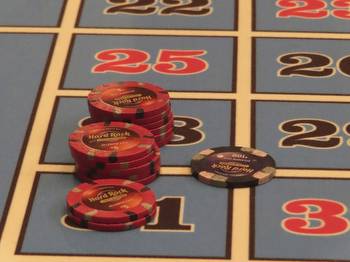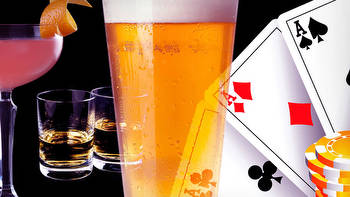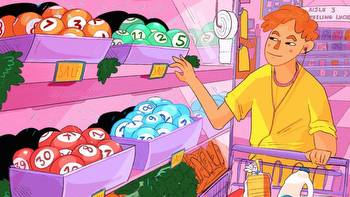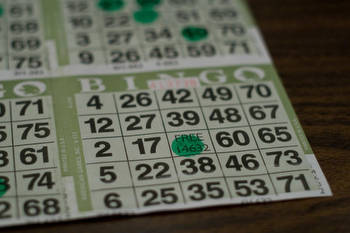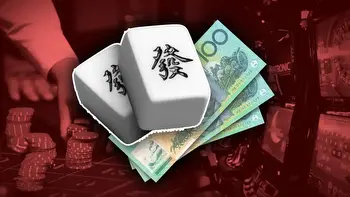Gambling Harms Special: 'Nu Risti, nu Castigi'
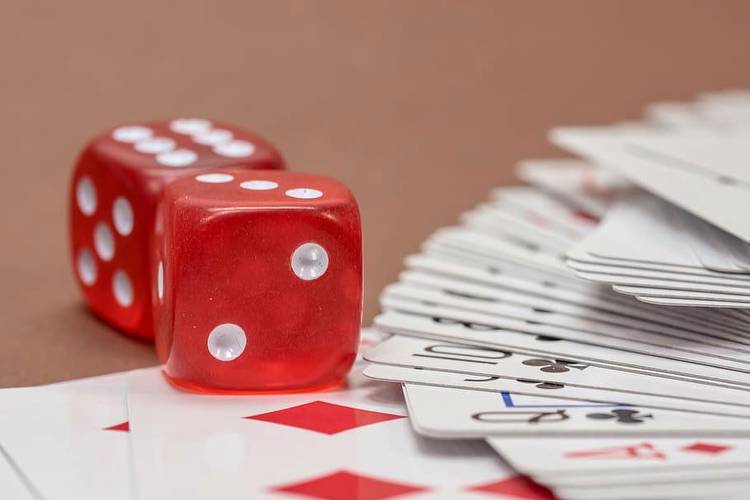
In the final part of our gambling harms series, two Romani people share how gambling harms affect their community and some of the solutions they have come up with so they can still enjoy the gambling without the harm.
by David Milosiu and Toni Bruce
Small ceramic tiles displaying numbers in red, yellow and blue spill and clink out onto the floor. Somewhere, a beer pops open. Coffee is poured. Laughter erupts.
We are with Lacian* and Brancu at a game of remi, (also known as rummy) a gambling card game played often by men in the local Romanian Roma community. Right now, the mood is jovial and relaxed. But Lacian tells me, things can be much more tense: “There’s no limit for the amount of money you can bet in remi. It could be £10 or £10,000. I lost mostly everything. It led to big arguments with my family. I should have brought money home, but I would gamble instead.”
It is thought that over 200,000 people in Scotland are engaged in ‘problem gambling’; either addicted to gambling or at risk of developing an addiction. We took a closer look at how gambling can affect people in our Roma community.
Of the people we interviewed, who all asked to remain anonymous, they were more likely to play in real life rather than online gambling. This ranged from poker and blackjack in the casinos, to slot machines and purchasing lottery tickets.
One man we spoke to, Florin, told us about his gambling habits: “I play a lot. I play scratch cards, I draw about four or five lottery tickets a week and I also play slots two to three times a week. I spend about £100 a week on the slots. This is my vice – I don’t smoke, I don’t drink, but I gamble.”
In Govanhill, our respondents noted just how many betting shops there were in such a small place, and the repercussions of this. Florin spoke about putting down a £15-30 bet every few days, just because he was passing. When he wins, he puts it all back into the game.
Others would find themselves leaving one betting shop, only to be tempted into the next. Damian* told us with exasperation: “There are too many around. Once you get out of one, you go into another one!”
Some of the men felt that the only way they could feel good about gambling was simply to give it up. Doru said: “I have stopped gambling. I was arguing with my family, losing a lot of money and I didn’t have any money to buy clothes, food or to maintain myself. It was making my life hell to be honest, so I just had to put a stop, as I was getting nowhere in life.”
The topic of shame came up a lot, as well as feelings of rage. Daniel told us: “If I don’t win, it stresses me out. If I see other people winning, it makes me angry.” This impact is well documented, and has wider impacts too. Researchers at the Georgia Department of Behavioral Health found around almost 65 percent of people with a gambling problem were experiencing clinically significant anger problems and one in four people surveyed were engaging in domestic violence.
For most of the men we spoke to, they started gambling because it was fun. However, the fun would soon turn to stress when money started being lost. And there were many more losses than wins: “We would win once and lose ten times,” recalls one.
Rather than fun, they found themselves playing for the money they had lost, as without it they couldn’t afford food for their family. The cost of living crisis has made things even more difficult for those living in poorer areas, and a chance to ‘try your luck’ can become ever more appealing, especially if there is a chance on every corner.
However, community can also be found. Back to the room with the clacking tiles, the air punctuated with strong coffee and even stronger laughter. Lacian and Brancu are relaxed, joking with friends. The secret to their enjoyment? They no longer play for money.
“It got so stressful that we don’t play for money anymore, we just do it to have fun with friends,” Brancu explains. “It’s much better this way.”
Instead, the men play to avoid ‘punishments’. If someone loses, they will have to do a forfeit such as drink a lot of water or stick paper towels in their ears. Instead of harmful emotions that get stirred up by the loss of money such as rage or shame – the men playfully tease the opponent, and that’s the end of that.
They laugh, they drink beer or a coffee, they set up another game.
*All names have been changed for anonymity.











